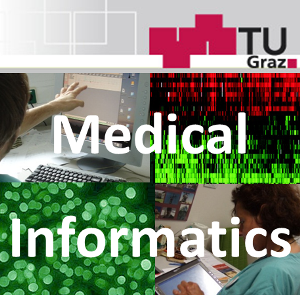Our publication on “Utilizing new technologies for the improvement of problem based learning in the field of medical education” is now published in the book Active and Collaborative Learning: Practices, Problems and Prospects.
Abstract:
In times in which medical education seems to be more complex than ever, facing horrendous student numbers and an increasing accessibility of information, the question of how to ensure the most efficient learning experience remains a vivid point of discussion. Active Learning and its subconcept of Problem Based Learning represent a promising candidate for future improvements in the area of medical education. The utilization of the concept of Problem Based Learning, paired with the latest inventions in web and mobile technologies, finally provides the necessary media to build a possible solution, satisfying the needs of new age education. In this work we report the successful development of a novel reporting system, which focusses on the reliable and fast processing of patient case files during a student’s supervised period of compulsory hospital field work. This novel system enables an improved and fast way of supervisor/student interaction and communication.
Utilizing new technologies for the improvement of problem based learning in the field of medical education by Martin
Klicken Sie auf den unteren Button, um den Inhalt von www.scribd.com zu laden.
Reference: Kitz, G., Ebner, M. (2013) Utilizing new technologies for the improvement of problem based learning in the field of medical education. Mohamed H. (Ed.). In: Active and Collaborative Learning: Practices, Problems and Prospects. Nova Publishers, New York, pp. 231 – 242

